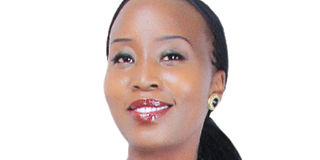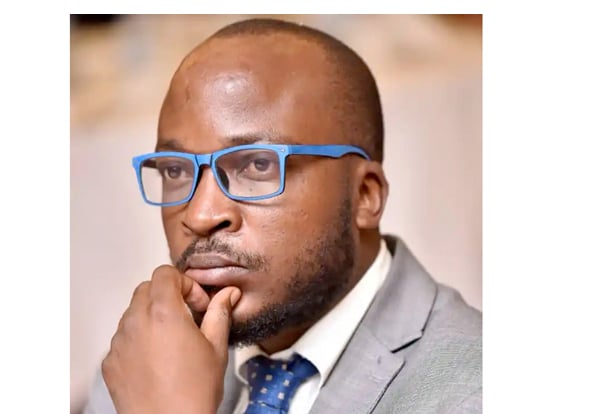On Kazibwe’s intolerance and why Ugandans side with Bobi Wine

Recently, President Museveni chaired the ruling National Resistance Movement (NRM) central executive committee meeting at the opening of their retreat at Chobe Safari Lodge at Murchison Falls National Park.
As expected, NRM leaders endorsed President Museveni, the party chairperson, as the sole candidate for the 2021 presidential election.
While at the retreat, the President interacted with foreign visitors.
The President enquired from the tourists, “where are you from? You are most welcome to Chobe Safari Lodge. Enjoy your stay in Uganda.” Ugandans are normally known to be hospitality and tolerant people.
It was, therefore, surprising that elsewhere in Jinja District former vice president Specioza Wandira Kazibwe seemed to be displaying traits of intolerance.
Kyadondo East Member of Parliament (MP) Robert Kyagulanyi, aka Bobi Wine, reached out to greet mourners at the burial of retired Busoga Diocese Bishop Cyprian Bamwoze. However, Dr Kazibwe’s response seemed less cordial.
“I do not just go shaking people’s hands like that. I do not know what Bobi Wine has come here for because he does not know the deceased. If you are going for a funeral, just as other mourners, come in silently and sit down,” Dr Kazibwe said at Christ’s Cathedral Bugembe.
There is a growing perception that MP Kyagulanyi, the leader of the People Power pressure group, is interested in running for president come 2021. With his divergent views from the ruling NRM party, somehow he is a political threat.
These aspects, and the violent treatment he received at the hands of security forces in August 2018 during the Arua Municipality MP by-election, automatically single out Kyagulanyi as an ‘enemy’.
The appearance of vulnerability and show of a human side seem to be a winning component in the eyes of Ugandans. Since the Arua incident, the public seems to easily connect with MP Kyagulanyi in the current political environment.
The Bible story of David versus Goliath couldn’t be more real in the minds of Mr Kyagulanyi’s supporters. The idea of ordinary people supporting underdogs seems to represent hope where there is none.
Therefore, the belief comes to life that when every once in a while underdogs triumph, for a moment fairness prevails; that even though the meek don’t inherit the world, they at least get to experience a better existence away from poverty and endless struggles.
After 27 years imprisonment, ordinary South African formed a strong connection with former president Nelson Mandela because of unfair treatment and struggles he endured.
Therefore, when he was released from prison and stood in the 1994 presidential elections, Mandela seemed very much like the underdog, except for public endearment. The Africa National Congress candidate’s manifesto was themed “A better life for all”.
Nelson Mandela won the elections. In Uganda 25 years later, public support for leaders from less privileged and vulnerable backgrounds could easily be a deciding factor in a presidential election.
Ms Victoria Nyeko is a media commentator.
[email protected]
Twitter:@VictoriaNyeko




